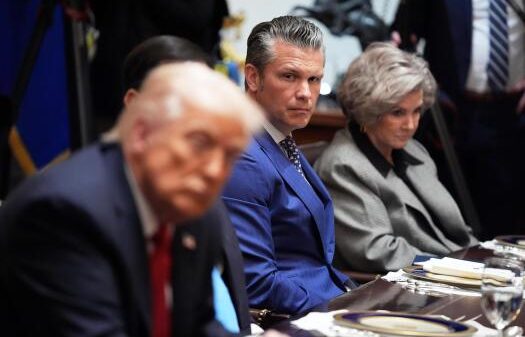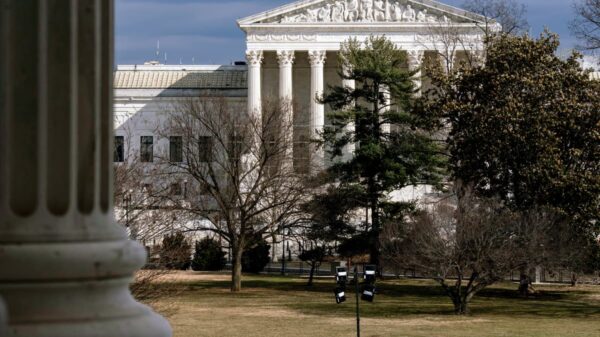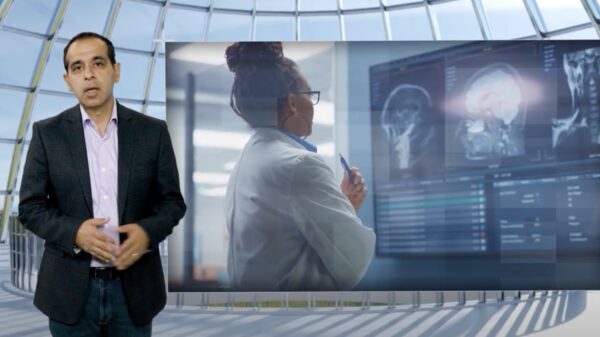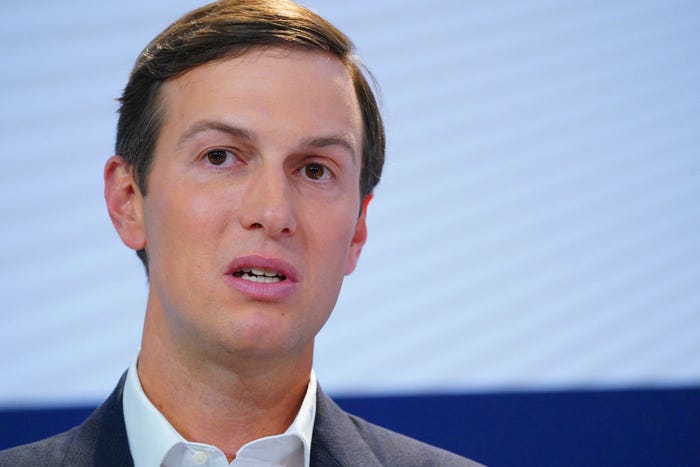Former White House advisor Jared Kushner has encouraged young professionals to consider careers in government rather than pursuing positions in the technology sector. Speaking on the “No Priors” podcast released on April 6, 2023, Kushner described a government role as a valuable experience that can significantly enhance one’s career trajectory. He likened such a position to a “two-year business school stint,” emphasizing the skills and networks that can be gained during this time.
Kushner asserted that working in Washington can provide a unique perspective and opportunities to contribute to society. He emphasized, “You’ll definitely make a contribution. You’ll learn a ton, meet a lot of interesting people from different backgrounds, and you’ll definitely leave with a different perspective.” While acknowledging that the financial rewards may not compare to lucrative offers from tech giants like OpenAI, he pointed out that the experience gained is invaluable. “Once your mind expands, it never returns to its original size,” he noted.
Kushner further explained the benefits of working in government, including the chance to build professional networks and gain insights into the regulatory environment. He stated, “You’re obviously leaving behind a lucrative career, but you’re going to leave hopefully in a better place.” This perspective comes at a time when interest in government positions among younger job seekers appears to be diminishing.
Declining Interest in Federal Employment
Recent data indicates a significant drop in applications for federal jobs, particularly among recent graduates. According to information from Handshake, a career services platform, there was a 40% decline in applications for federal roles compared to the previous year. This trend reflects a growing disinterest in government careers, influenced by a series of executive orders during the Trump administration that resulted in job freezes and cuts within federal agencies.
The establishment of the Department of Government Efficiency contributed to an atmosphere of uncertainty and instability in the federal workforce. Employees have reported emotional distress stemming from these changes. Jill Hornick, a Social Security field office employee with over 34 years of service, described the impact of staff reductions as akin to “a death in the family.” She recounted how the job cuts affected her emotional well-being, illustrating the toll that such workforce changes can take.
Moreover, many federal employees have expressed feelings of burnout due to increasing workloads and insufficient time for breaks. The challenges of maintaining a healthy work-life balance in a demanding environment has further complicated the appeal of government employment.
Kushner’s comments highlight a disparity between the potential career benefits of government work and the current perceptions among younger job seekers. As the federal sector grapples with declining interest, the implications for future recruitment and retention of talent remain significant.
The conversation around government versus private sector employment continues, with Kushner emphasizing the need for fresh talent in Washington. “There’s a great group of people from the private sector who are there every day renegotiating contracts,” he remarked, suggesting that the infusion of private-sector expertise is essential for improving government efficiency.
As young professionals weigh their career options, Kushner’s perspective may serve as a reminder of the unique opportunities that a government career can provide, even in the face of challenges facing the sector.






































































